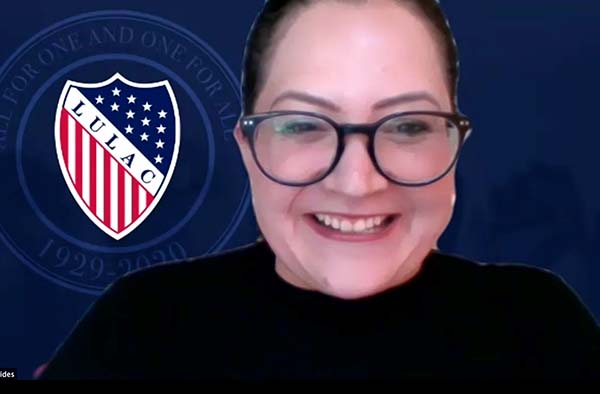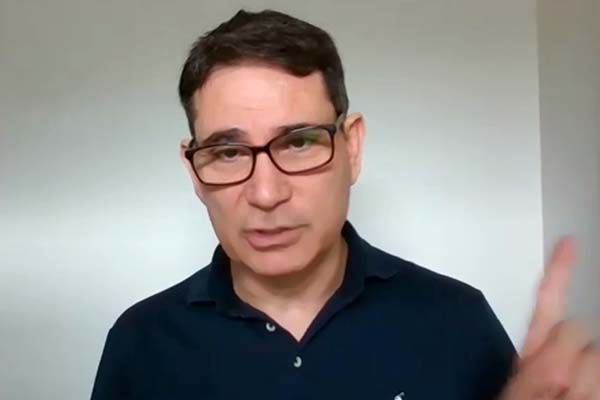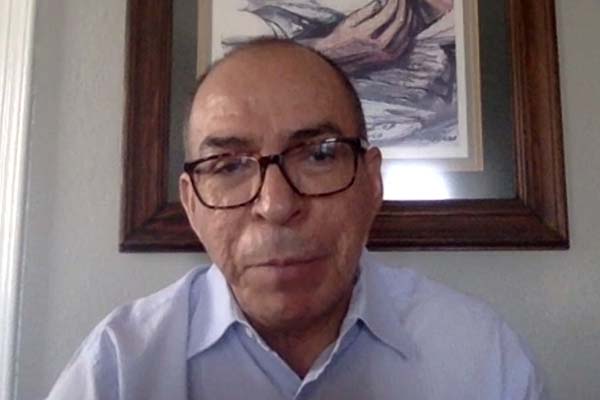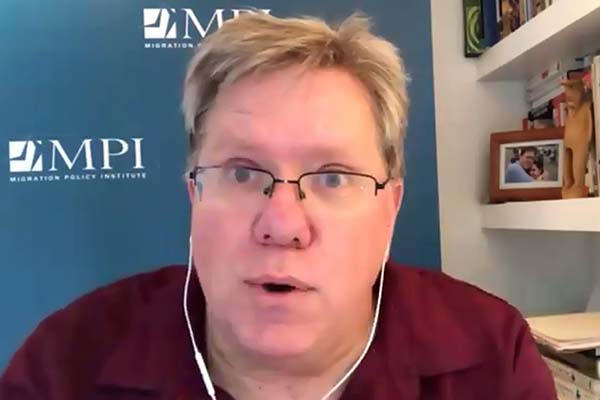In This Story
Originally published on July 16, 2020
The vast majority—one out of four—of America’s Latino population are native-born or legal immigrants; five of six Latinos must leave the home to go to work to earn a living, despite the global pandemic lockdown; while it’s agreed that immigration improves and enriches culture, recent U.S. policies increase deportations, harden the southern border, slow down naturalizations, and put moratoriums on green cards and visas, while threatening the way of life of legal immigrants with ever-changing education and healthcare policies.
Those were a few of the topics discussed Wednesday afternoon in the third of five Schar School of Policy and Government webinars this week addressing “Social Justice in America.” The panel, moderated by Schar School associate professor Guadalupe Correa-Cabrera, was titled “Forgotten Issues? Immigration and Latino Populations” and featured Sindy Benavides, chief executive officer of the League of United Latin American Citizens (LULAC); Alfredo Corchado, Mexico City bureau chief of the Dallas Morning News; Andrew Selee, president of the Migration Policy Institute; and Tony Payan, director of the Center for the United States and Mexico at the Baker Institute.
In the end, suggested Selee, the U.S. is suffering a “loss of credibility” on the global stage and a diminishment of America’s collective culture. Benavides, who arrived in the U.S. at the age of two as an undocumented immigrant from Honduras, reminded the nearly 60 viewers who tuned in to the hour-long virtual discussion, that many immigrants are at a disadvantage when it comes to “safety net” social programs because “they do not exist in home countries. They have no idea what a food pantry is.” She added that Latinos “need to acknowledge their own biases” when it comes to issues of race and become more active participants in democracy.




